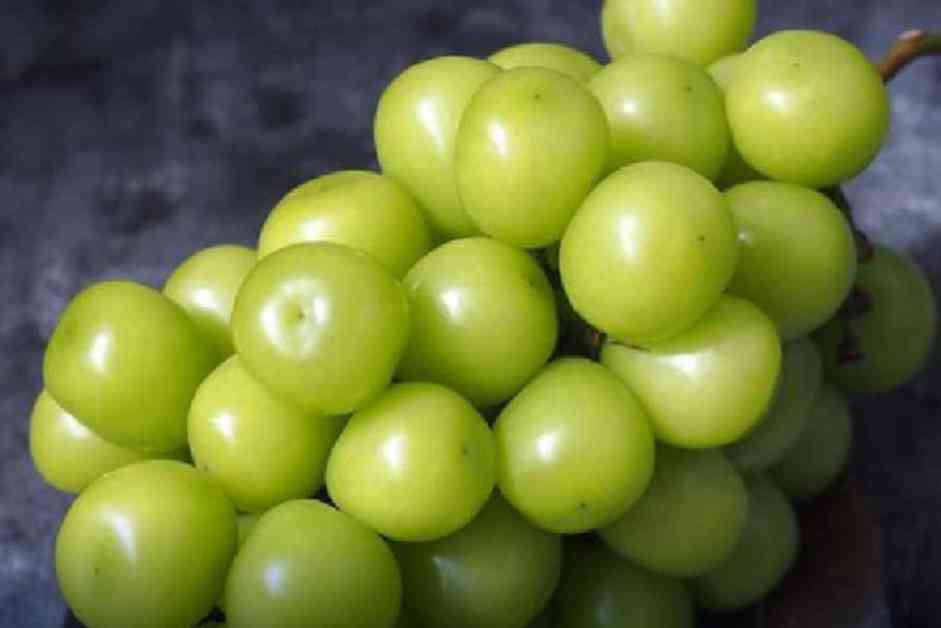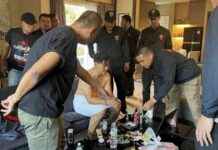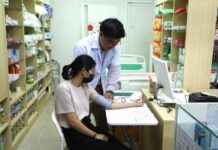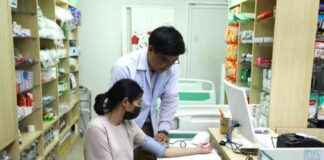Thailand Consumers Council recently conducted tests on Shine Muscat grapes and found that 23 out of 24 samples were contaminated with chemicals banned in Thailand. The council is urging the Food and Drug Administration (FDA) to take legal action against importers responsible for bringing in the tainted grapes. These importers must recall their products for thorough inspection, and contaminated grapes should be destroyed to ensure consumer safety.
The samples were purchased from various sources in Bangkok and surrounding provinces, including online shops, fruit shops, fresh markets, and modern trade outlets. Lab tests revealed the presence of 14 harmful chemicals at concentrations exceeding the safety limit of 0.01 mg/kg. Additionally, 50 chemical residues were detected, with 22 not regulated under current Thai law.
In response to the findings, FDA secretary-general Surachoke Tangwiwat emphasized the importance of consumer safety. He reassured the public that contaminated imports will be seized, and legal action will be taken against the importers. Surachoke advised consumers to wash fruits thoroughly before consumption to reduce potential risks.
Following the news of contaminated grapes, vendors in Nakhon Ratchasima’s Muang district reported a decrease in Shine Muscat grape sales. Despite offering a 70% discount, consumers have been avoiding the product, leading many vendors to remove them from their shelves. Thaworn Prommee, a local vendor, shared that half of his stock has spoiled, causing significant losses for business operators.
The urgency of addressing contaminated grapes highlights the need for stringent food safety measures and regulatory oversight. Consumers must remain vigilant about the products they consume and be aware of potential risks associated with chemical contamination. By holding importers accountable and enforcing strict regulations, authorities can help safeguard public health and restore consumer confidence in food products.




















